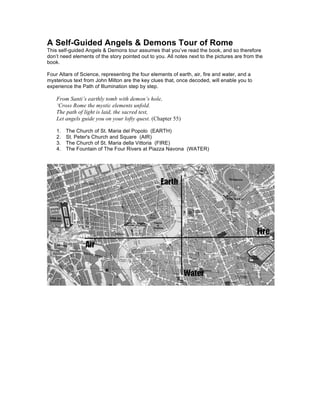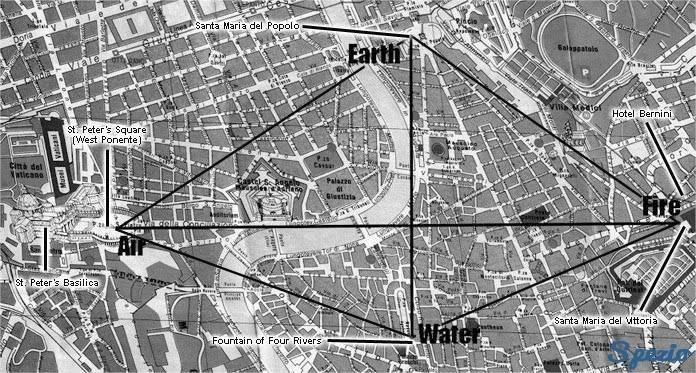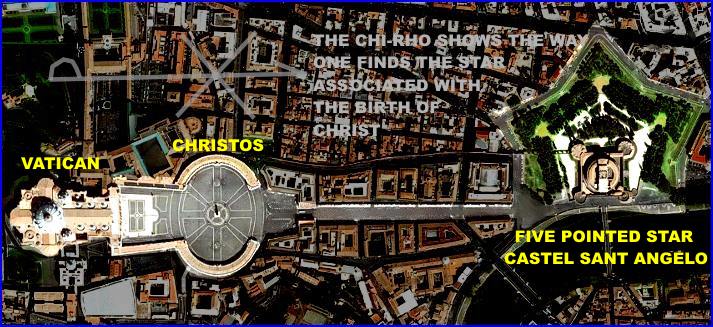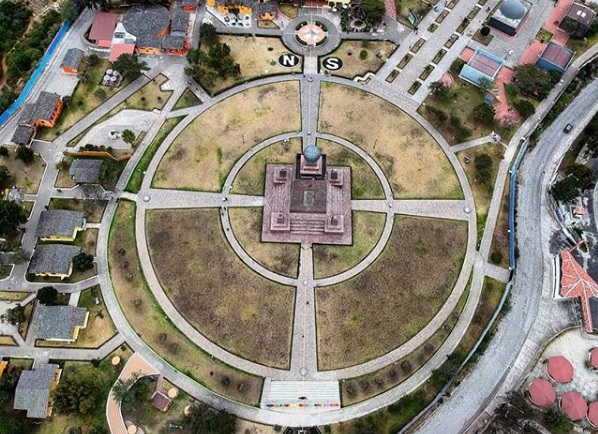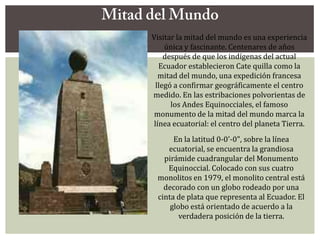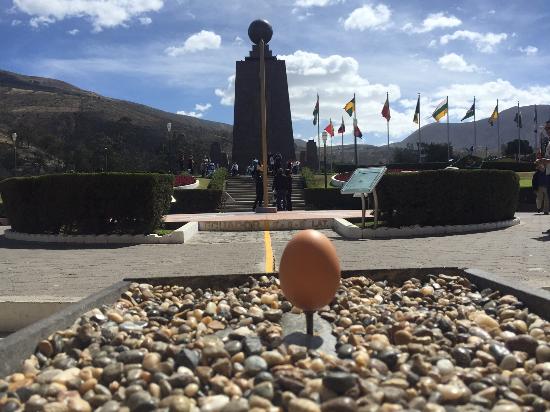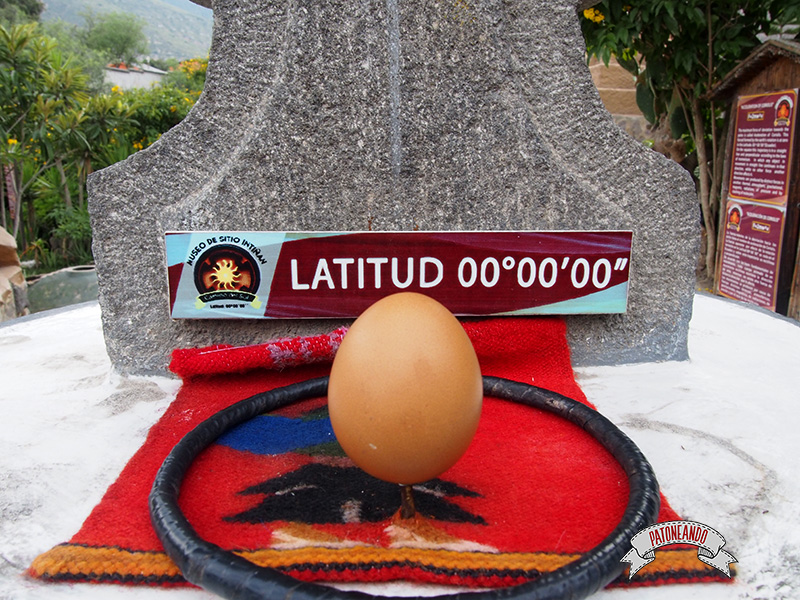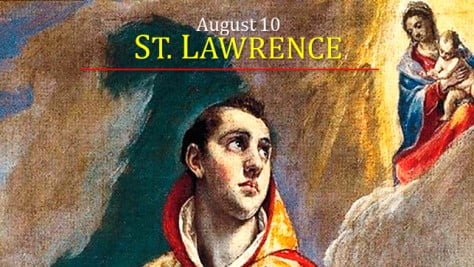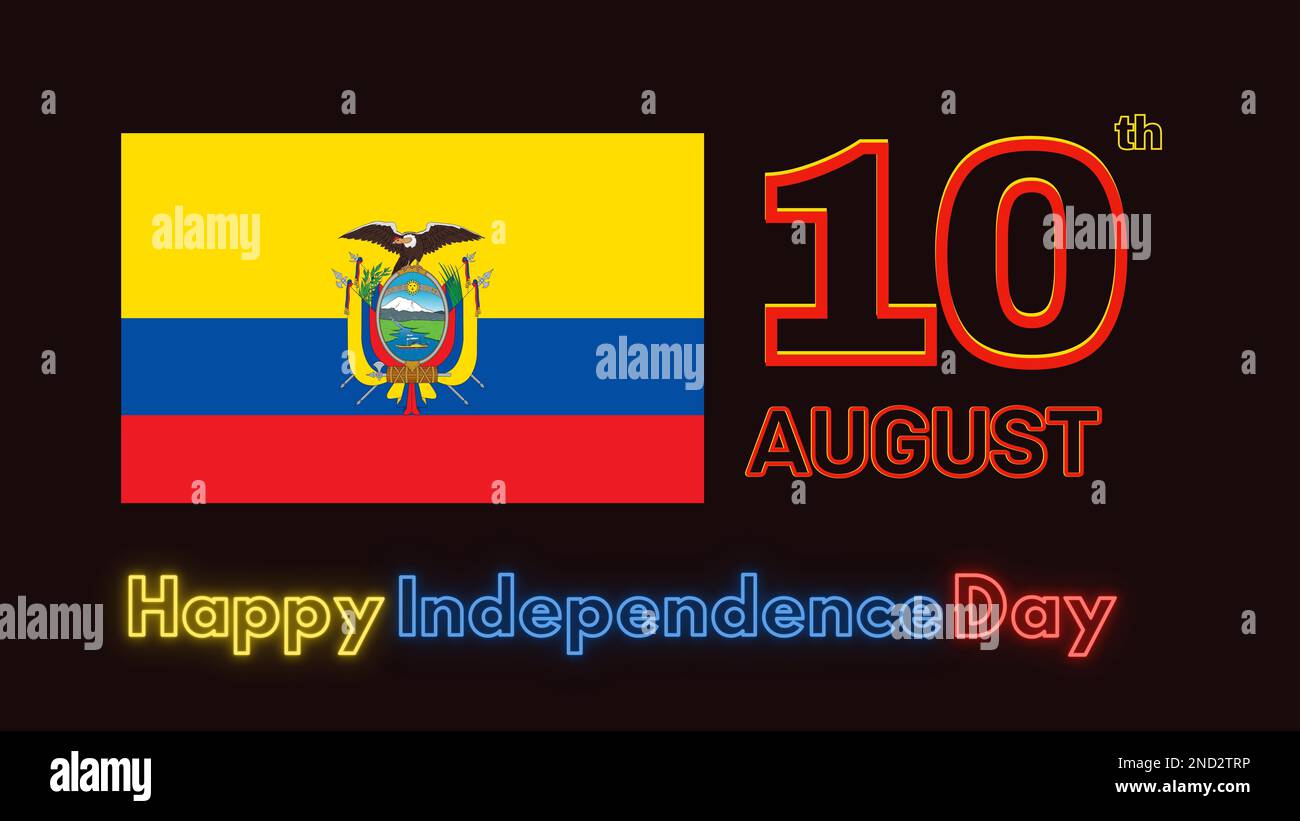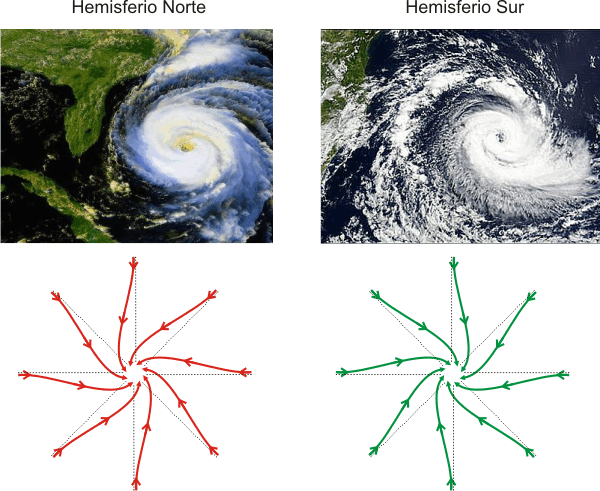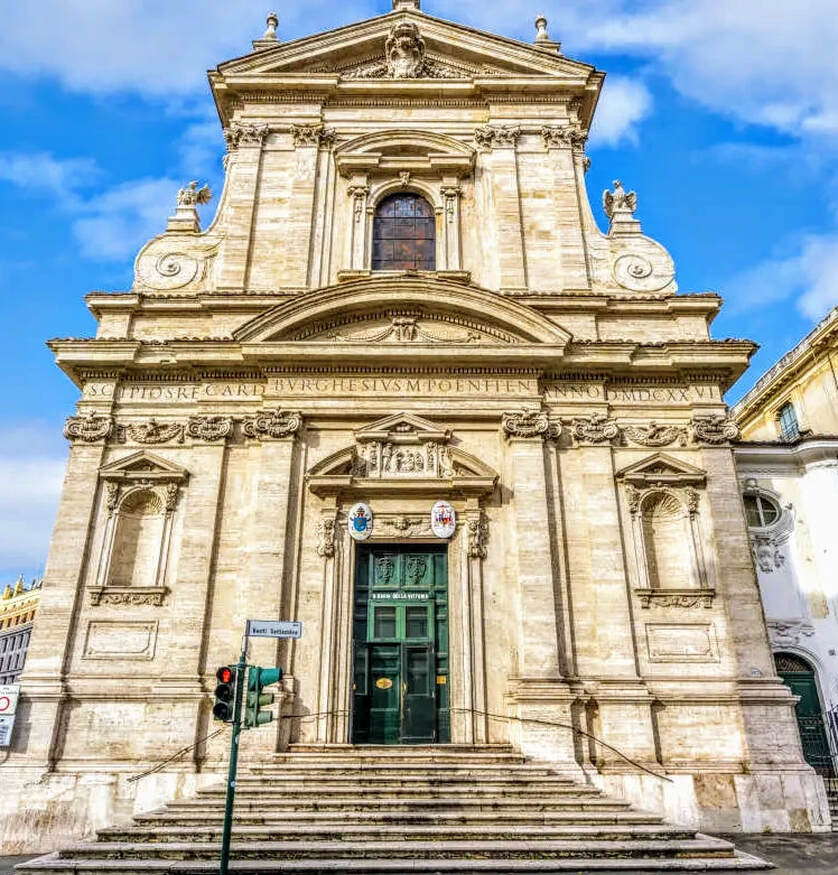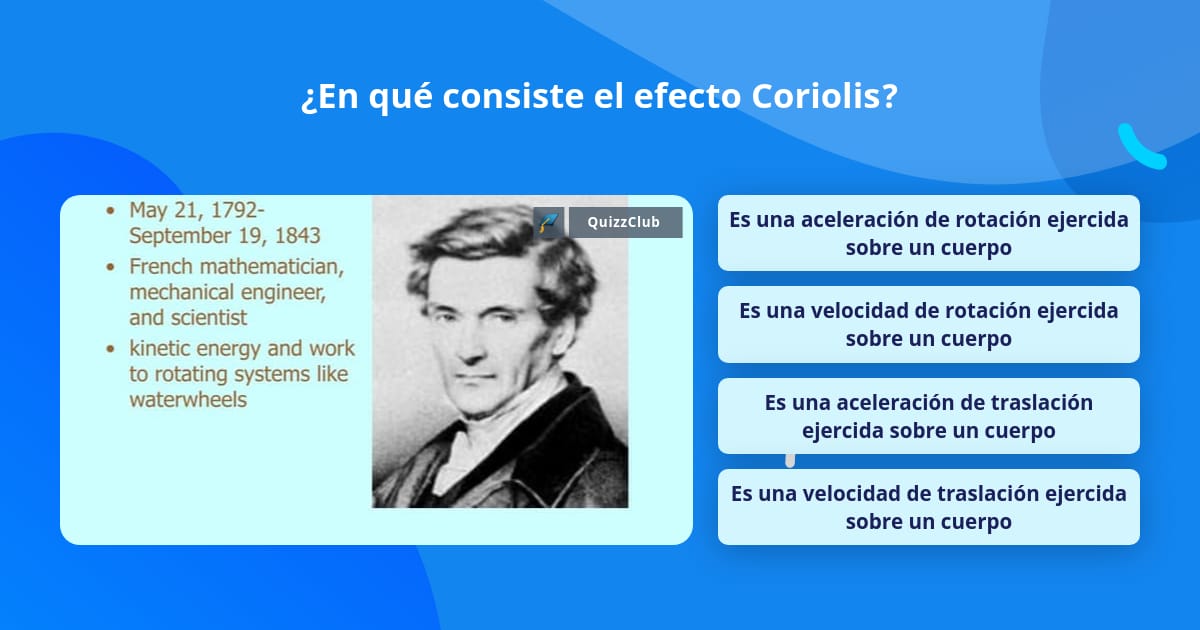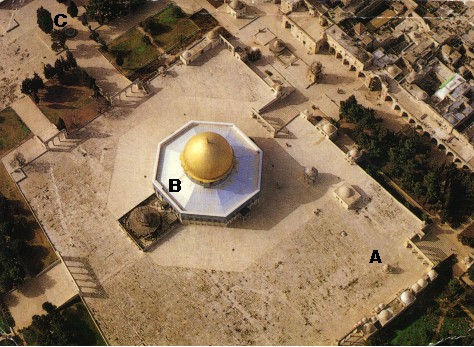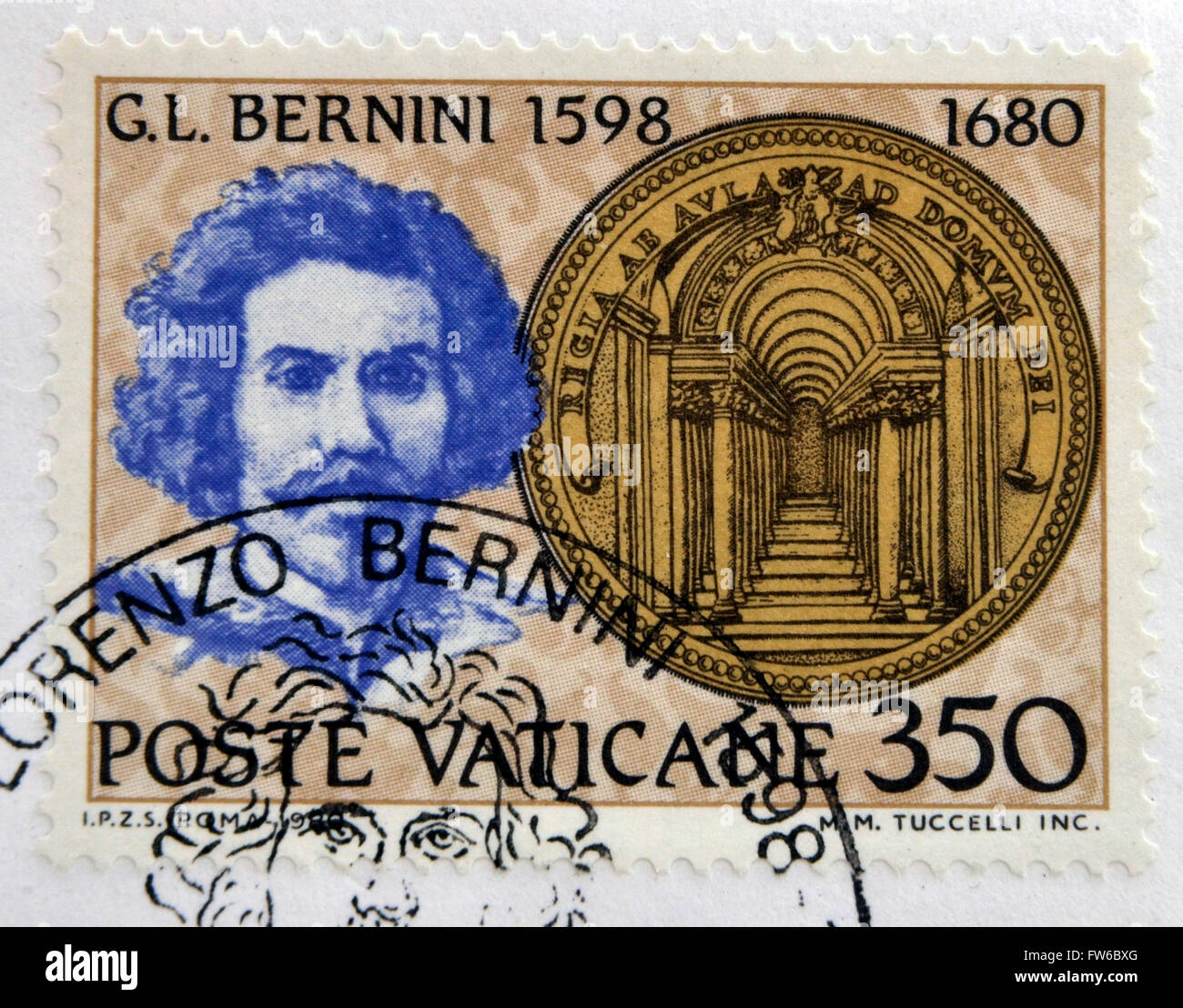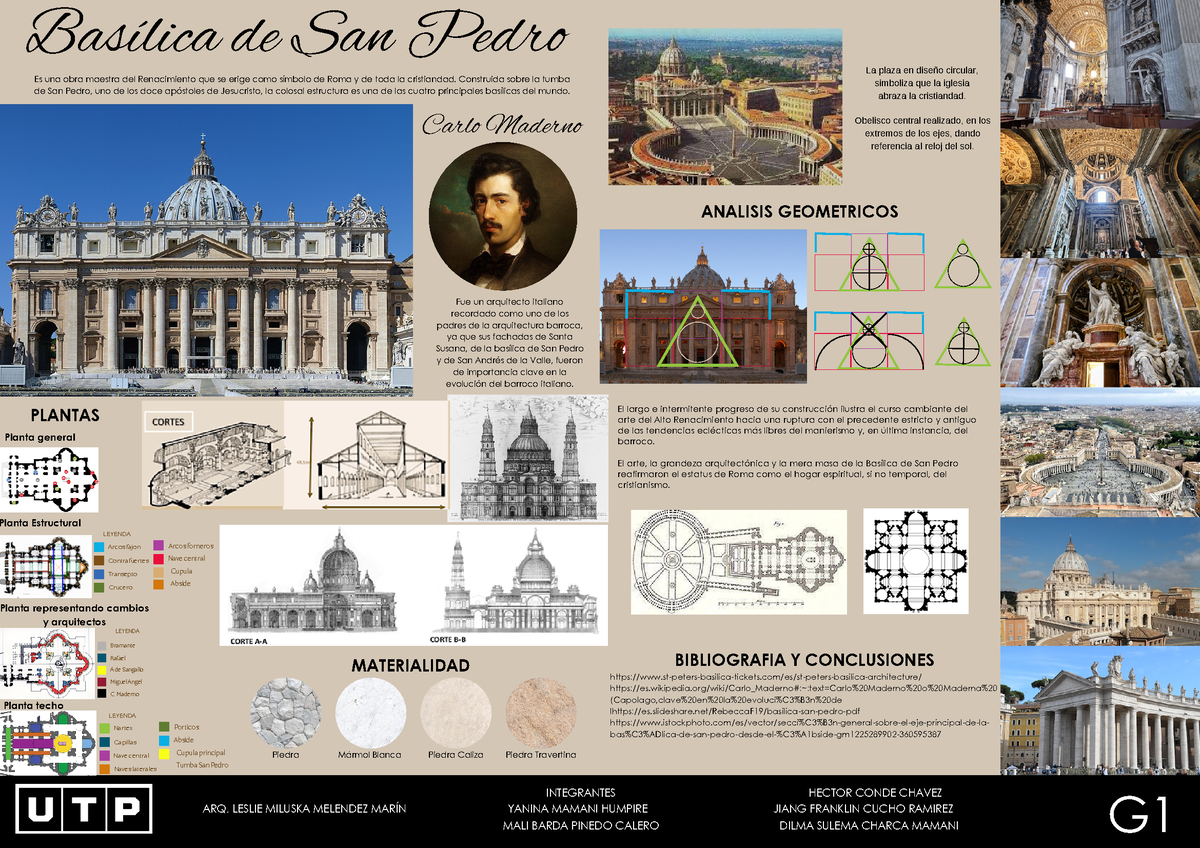Rome, renowned for its rich history, also offers an enchanting celestial display as the sun charts its daily journey across the sky. The Eternal City’s location at a latitude of 41.9028° N and a longitude of 12.4964° E gifts it with distinctive sunrise and sunset times that vary throughout the year.
Understanding these patterns interests astronomers and photographers and holds practical value for tourists and residents planning their daily activities.
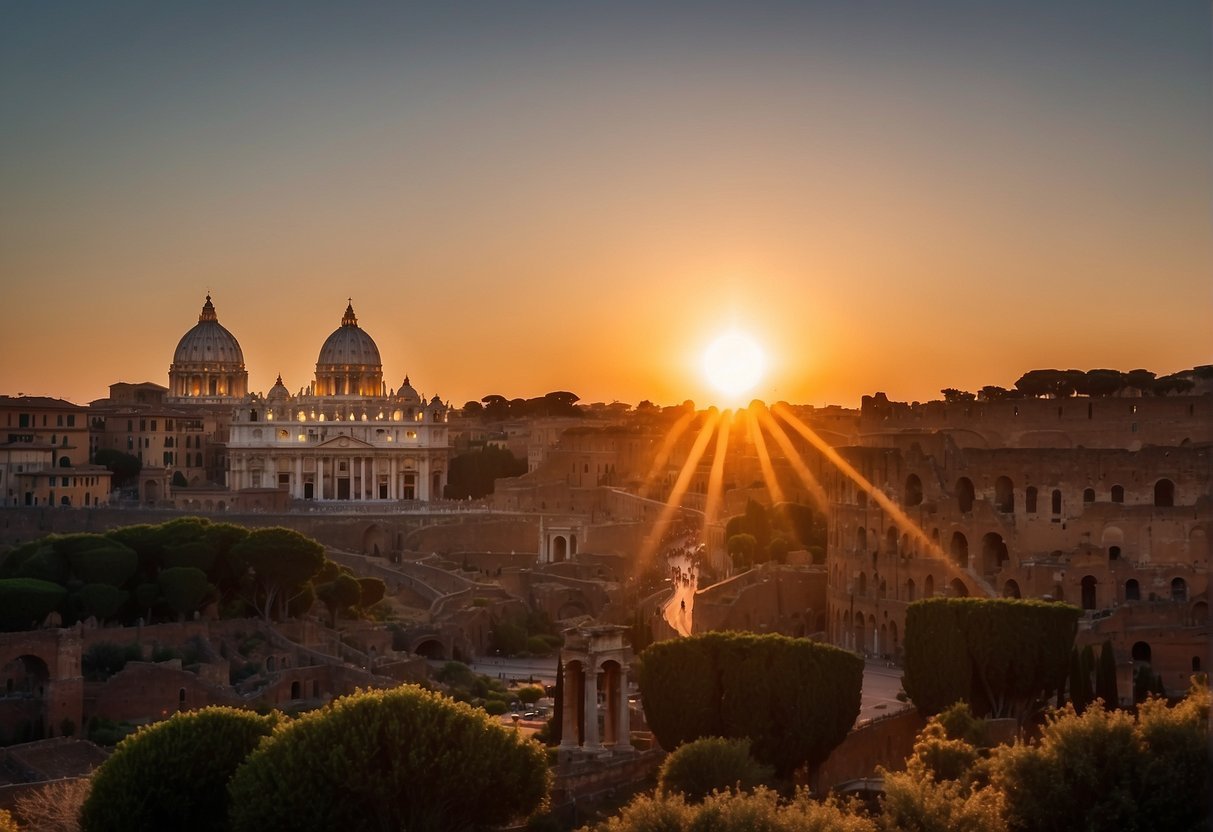
While the sun’s rising and setting are daily constants, the specific times at which they Rome can leave onlookers in awe. Tracking the exact times of these events helps to appreciate the sun’s profound impact on the city’s atmosphere.
Throughout the year, special events, such as the summer and winter solstices, garner additional attention and cultural significance, with the sun gracing the Roman horizons with the longest and shortest days of the year.
Sunrise And Sunset In Rome – Key Takeaways
- Rome’s latitude and longitude uniquely shape its sunrise and sunset times.
- Daily sun timings are both a spectacle and a practical aspect of Roman life.
- Annual solar events enhance the cultural and personal experience of the city.
Understanding Sun Movements In Rome
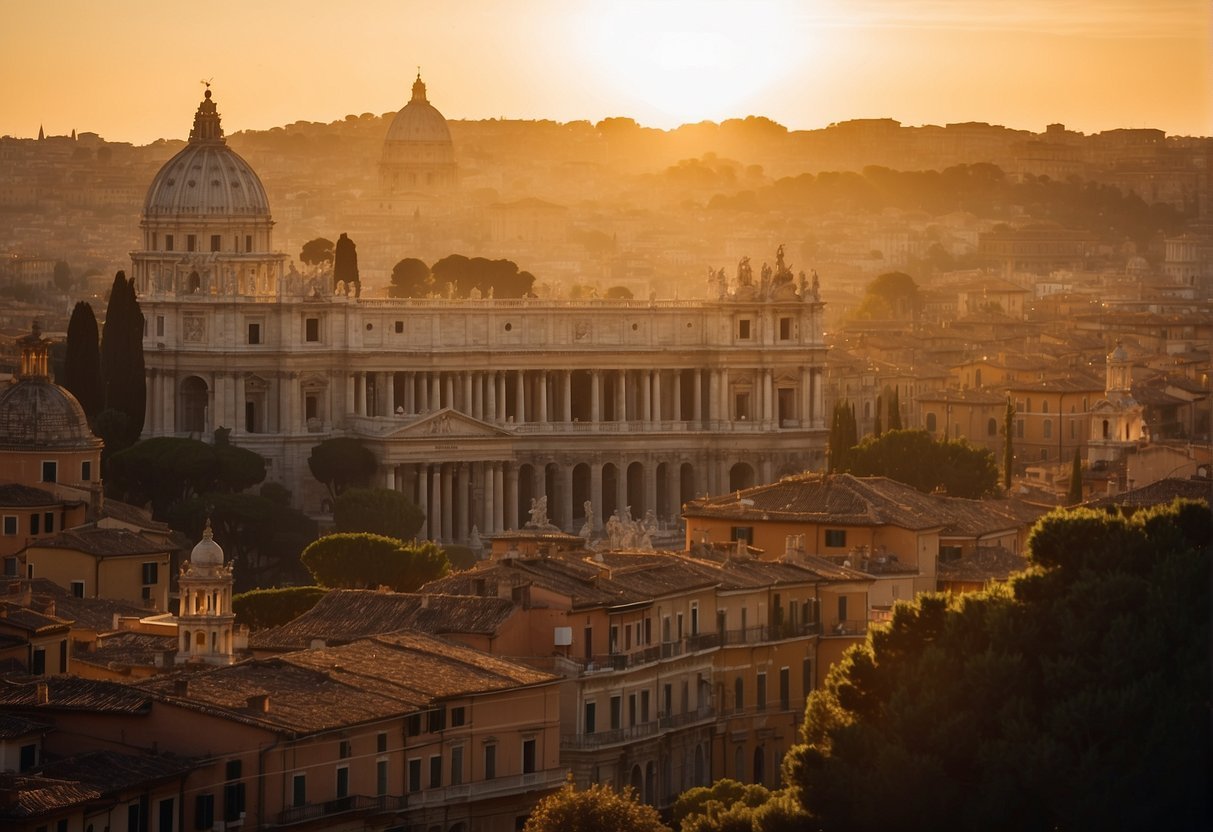
The Eternal City and its eternal dance with the sun – a tale as old as time. Rome’s position at 41.9028° N and 12.4964° E greatly influences its sun movements. Visitors and photographers seeking the perfect light would do well to understand how these celestial movements manifest in the Roman sky.
Critical Elements Of Rome’s Sun Movements:
- Sun Direction: The sun rises from the east and sets in the west. Seasonal variations shift the sunrise and sunset towards the northeast or northwest.
- Sun Altitude: The angle of the sun’s arc changes with the seasons, higher during summer and lower in winter.
Seasonal Impact On Sun Movements:
- Spring/Summer: Longer days, higher zenith with the sun taking a more extended, elevated path.
- Autumn/Winter: Shorter days, lower zenith, and a shorter, lower arc in the sky.
The midday point, Solar Noon, is when the sun reaches its highest altitude in the day. On this hour, shadows are at their shortest because the sun is closest to the zenith.
Distance Matters:
- Perihelion: Around January, the sun is closest to Rome, at the minimum Sun Distance, affecting the intensity and warmth of sunlight.
- Aphelion: The sun is farthest in July, leading to a milder sun even on long summer days.
By acknowledging the patterns of the sun’s movements, one can anticipate the behaviour of light throughout the year in Rome, aiding in planning activities that rely on natural light, such as photography or sightseeing.
Daily Sun Timings In Rome
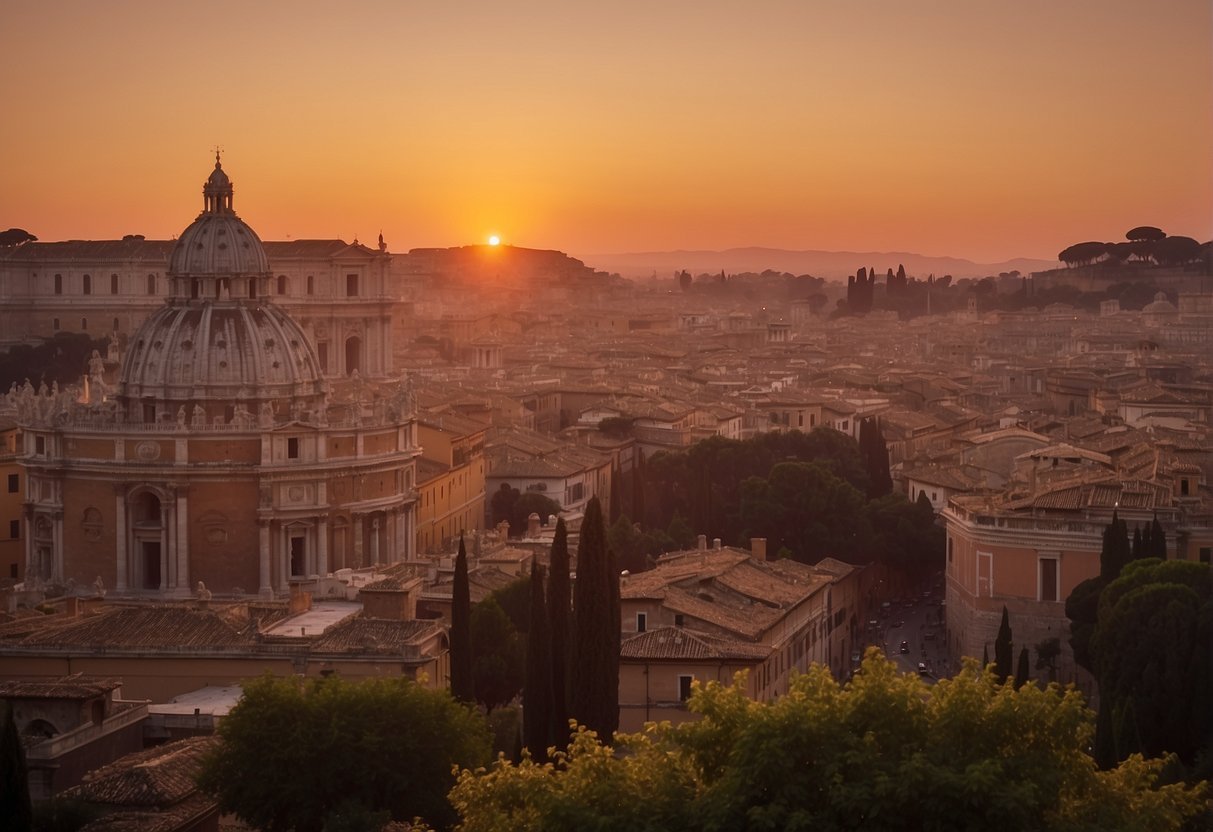
The Eternal City’s skies offer a daily spectacle as the city wakes. Here are the precise times and details related to the sunrise and sunset in Rome.
Sunrise And Sunset Details
The beginning and end of the day are marked by 日の出 そして 日没, pivotal moments for the rhythm of life in Rome. Sunrise is when the sun’s top edge first appears above the horizon in the east, while sunset corresponds to the last glimpse of the sun as it dips below the western horizon.
These moments are affected by Rome’s geographical position, time zone (Central European Time), and daylight saving time adjustments when applicable.
Calculating Day And Night
の length of day and night can be calculated by the time difference between sunrise and sunset for day length and from sunset to sunrise for night length. Twilight—civil, nautical、 そして astronomical—plays a crucial role. It signifies the time before sunrise (dawn) and after sunset (dusk) when there is still light outside, influencing the actual perception of day and night duration.
Specific Sun Timings For January 2024
In January 2024, Roman residents and visitors will witness varied day lengths. On Tuesday, January 9, sunrise is expected at approximately 7:35 am, with sunset around 4:48 pm. By the following day, Wednesday, January 10, sunrise is projected to be a minute earlier and sunset a minute later, subtly extending the day.
Below is a table with information on the sunrise and sunset times for these two days in January, not accounting for shifts due to daylight saving time as it isn’t in effect until later in the year.
| Date | Sunrise | Sunset | Day Length |
|---|---|---|---|
| 2024 年 1 月 9 日 | 7:35 am (Local Time) | 4:48 pm (Local Time) | 9 hours, 13 minutes |
| 2024 年 1 月 10 日 | 7:34 am (Local Time) | 4:49 pm (Local Time) | 9 hours, 15 minutes |
For comprehensive details for the entire month, interested individuals can consult timetables from trusted online resources such as timeanddate.com, which provide accurate astronomical data.
Annual Solar Events And Their Observance In Rome
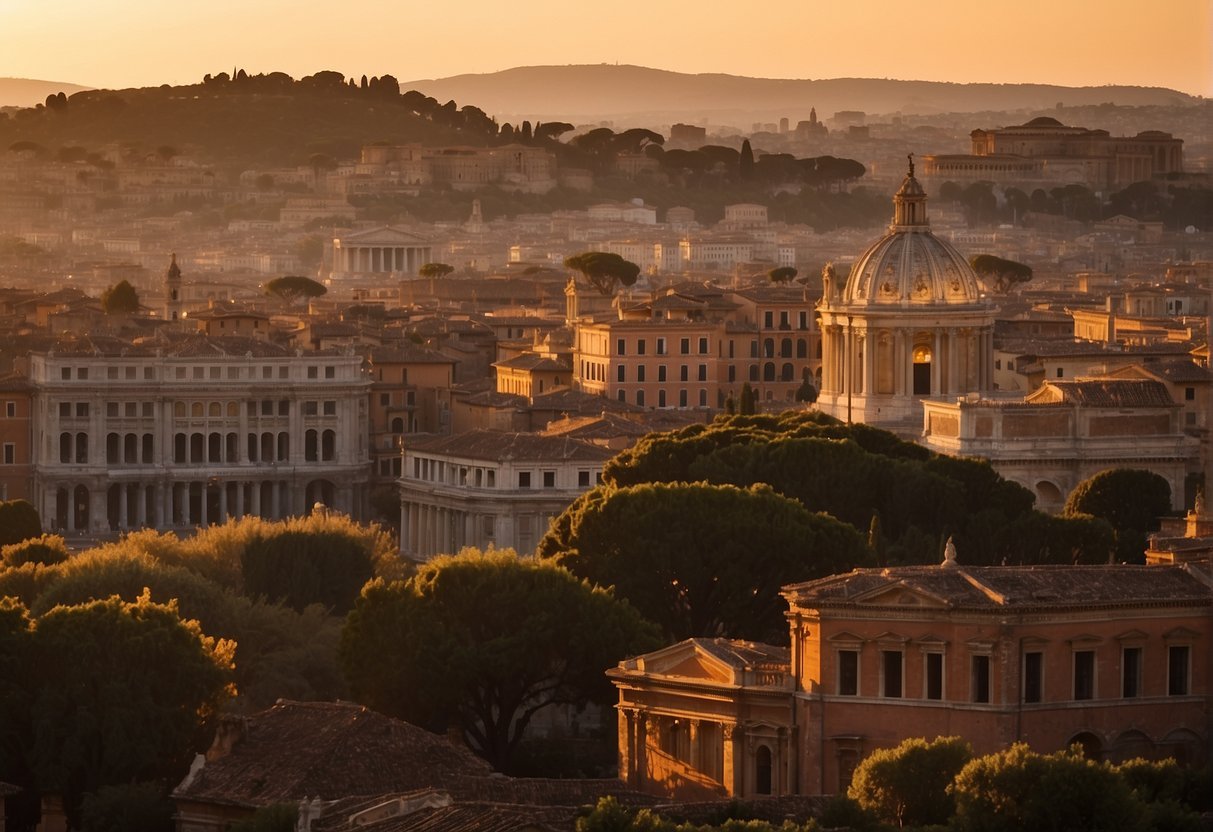
Rome’s geographic position in Italy has made it a prime location for astronomers and enthusiasts to enjoy the contrast of time between the longest and shortest days of the year, marked by the Winter and Summer Solstices, as well as the balance of day and night during the Equinoxes. Observance of these events has ancient roots in Roman culture, with their impact celebrated in the city’s rich history.
Solstices And Equinoxes
Winter solstice in Rome typically occurs on December 21st or 22nd, signalling the astronomical winter in the Northern Hemisphere. It’s the shortest day of the year in terms of daylight; from this point, the days start to lengthen gradually.
夏 Solstice brings the longest day and marks the beginning of summer in Rome, usually around June 21. The Equinoxes, occurring approximately on March 20 and September 23 in Rome, are celebrated for heralding equanimity in day and night durations.
- Dates to Remember:
- Winter Solstice: December 21st/22nd
- Summer Solstice: June 21
- Spring Equinox: March 20
- Autumn Equinox: September 23
Phases Of The Moon And Their Impact
の phases of the Moon exeMoon have a fascinating influence on Rome’s night sky and cultural events. The progression from a new moon to a full moon and back—a cycle that typically lasts about 29.5 days—is keenly observed by both residents and visitors.
Especially clear during the astronomical night, when the sun is between 12 and 18 degrees below the horizon, the moon is integral to the character of night-time Rome, with the city’s iconic sights often bathed in the soft light of a full moon.
- Moon Calendar Highlights:
- New Moon: Symbolizing new beginnings, often less visible.
- Full Moon: Casting Rome’s landmarks in luminous splendour.
In Rome, particularly within the region of Lazio, these celestial phenomena do not merely represent an astronomical interest but also hold cultural and historical significance, echoing the city’s ancient past.
Practical Information For Residents And Visitors
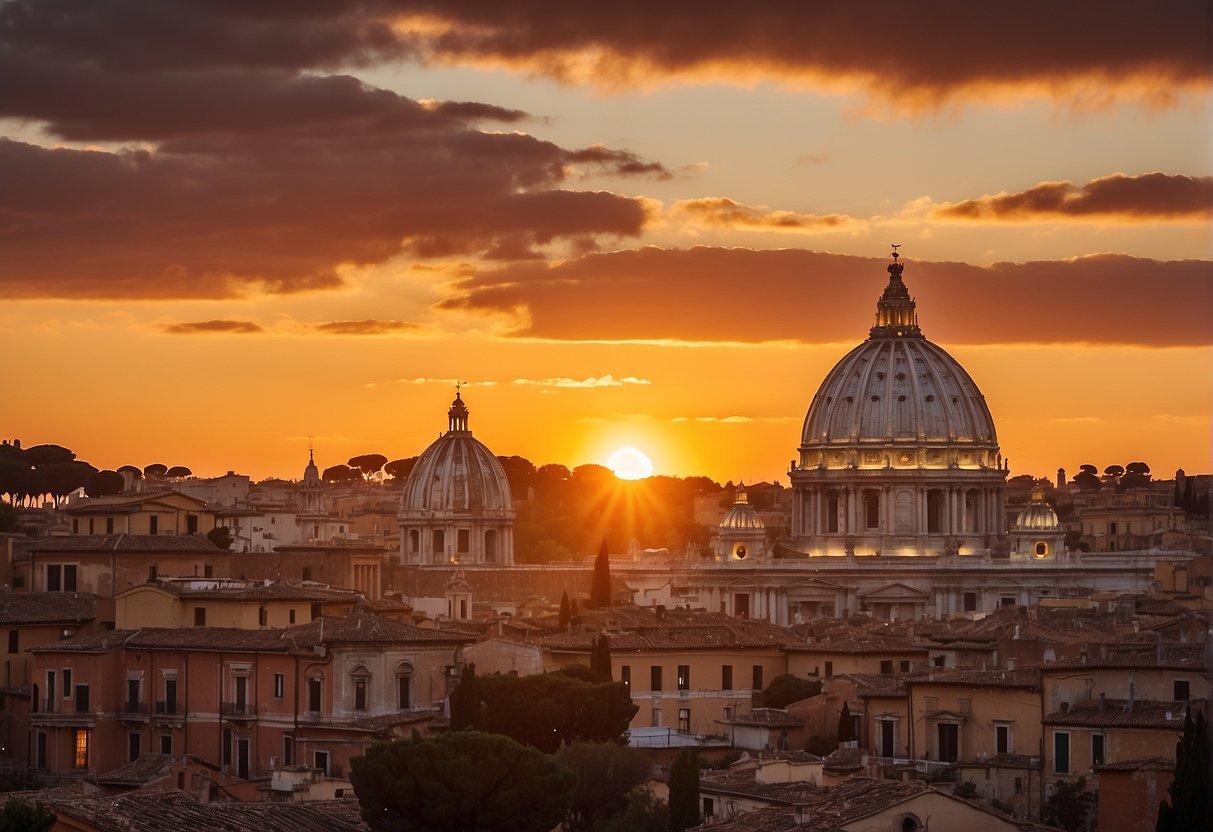
Embarking on a journey to witness Rome’s celestial tapestry, knowing the best times and places to experience the natural beauty of sunrise and sunset is crucial for locals and visitors alike.
Best Times To Experience Sunrise And Sunset
In Rome, the golden hour — that magical time just after sunrise or before sunset — casts a warm glow, ideal for photographers and romantics. Specific times vary throughout the year; it’s essential to consult a local calendar to plan accordingly. During January, for instance, sunrise typically unfolds around 7:30 am and sunset near 5:00 pm local time.
- Sunrise: For early risers, first light and sunrise offer a peaceful beginning to the day.
- Sunset: As dusk nears, the last light lingers, perfect for capturing photos in the soft, diffuse light.
Understanding the impact of daylight saving time, which adjusts clocks forward by one hour during warmer months, is vital. This shift can affect the timing of sunrise and sunset, altering the 間隔 of daylight residents and visitors will experience. Rome operates on Central European Time (CET) and observes daylight saving, typically transitioning in late March and ending in late October.
Cultural And Recreational Aspects
Sunrise and sunset in Rome aren’t just times of day; they’re cultural experiences. As the sun traces its path across the sky, casting shadows and light on ancient ruins and Vatican spires, it creates moments that have inspired countless artists and lovers. Giardino degli Aranci そして Terrazza del Pincio elevate these experiences, offering unrivalled vistas during these enchanting hours.
- 文化的意義: From St. Peter’s Basilica, seen through a keyhole, to the panoramic views of Janiculum Hill, these moments resonate deeply with Rome’s historical and aesthetic legacy.
- Recreational Opportunities: Whether capturing the perfect photograph or enjoying a tranquil reprieve from the bustling city life, the sunrise and sunset in Rome provide many recreational activities for all to savour.





